What foods should you avoid putting down the drain in your new garbage disposal? Take a peek at these most common foods to avoid!
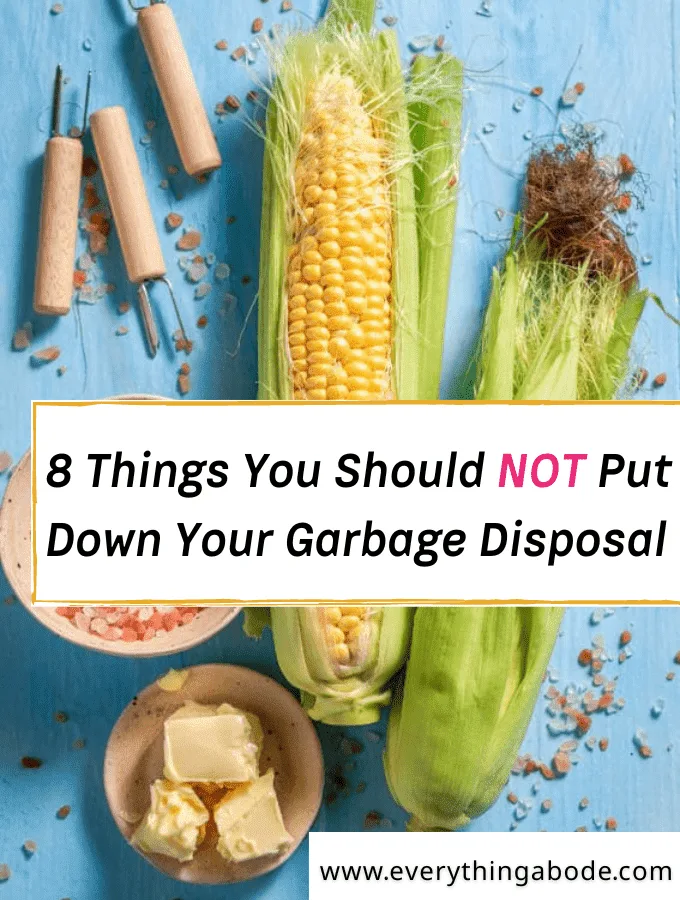
As either a homeowner or renter, you likely know what a garbage disposal is. Someone you know likely had one, and you probably used one before.
However, if you are new to living with a garbage disposal of your own, knowing which foods can go in is essential!
And if you don’t know what a garbage disposal ( or garburator) is, it’s an electrically operated device fitted to the waste pipe of a kitchen sink for grinding up food waste.
While these modern kitchen appliances make getting rid of food waste more effortless than ever, not all foods can be put through your garbage disposal without issue.
The wrong foods could clog pipes or damage their blades; trust us, you don’t want that outcome!
Therefore it’s crucial that you know which foods should NOT go down your garbage disposal.
We’ll uncover some of the most commonly avoided foods for garbage disposals and their explanations to help your machine run more smoothly while preventing costly repairs.
How much do garbage disposals cost?
The cost of garbage disposal varies based on the brand, model, and features you require. On average, standard models typically range between $100 and $300, while higher-end options may go as high as $500 or even beyond!
You should also factor in installation expenses depending on where your plumbing system lies – comparing prices and features will help find an appropriate model within budget and needs.
How much would it cost to have my drain fixed by a plumber?
Costs associated with fixing garbage disposal by hiring a plumber vary based on its condition and hourly rate, typically costing anywhere from $75 to $200 on average for service calls to repair your unit.
In case the damage requires replacement parts or the entire unit replacement, this cost could go higher; in certain instances, replacing could be more cost-effective than repair.
It is always a good idea to consult your plumber’s estimate beforehand to ensure you receive fair rates.
Here are eight foods to never put down a garbage disposal:
1. Fibrous Vegetables.
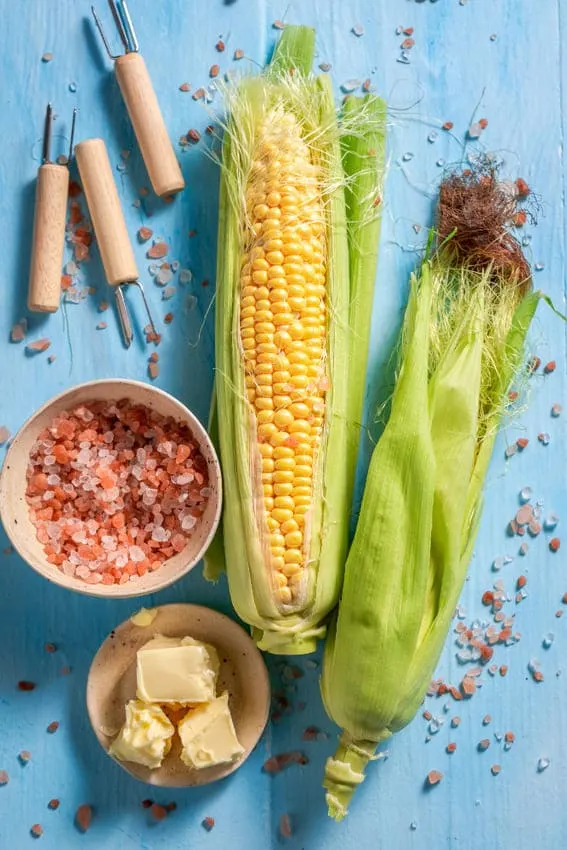
Celery, corn husks, asparagus, and kale stems may also appear harmless enough, but their fibrous nature means that they could wrap around your garbage disposal’s blades and cause issues with its performance.
The fibers that come loose during processing can tangle with blades, potentially jamming or even burning out your disposal motor. So it’s best to avoid placing these vegetables in your garbage disposal altogether.
2. Grease and Oil.
Grease and cooking oil can wreak havoc with your drainage, garbage disposal, and sewer systems.
Improper disposal can result in plumbing clogs or total pipe blockages if this material remains within pipes – the latter could even lead to complete blocking in some instances.
These substances are the perfect way to ruin any garbage disposal system, quickly sticking to blades and clogging pipes faster than ever.
Therefore, always strive to prevent adding oil or grease down your drain.
3. Potato Peels.
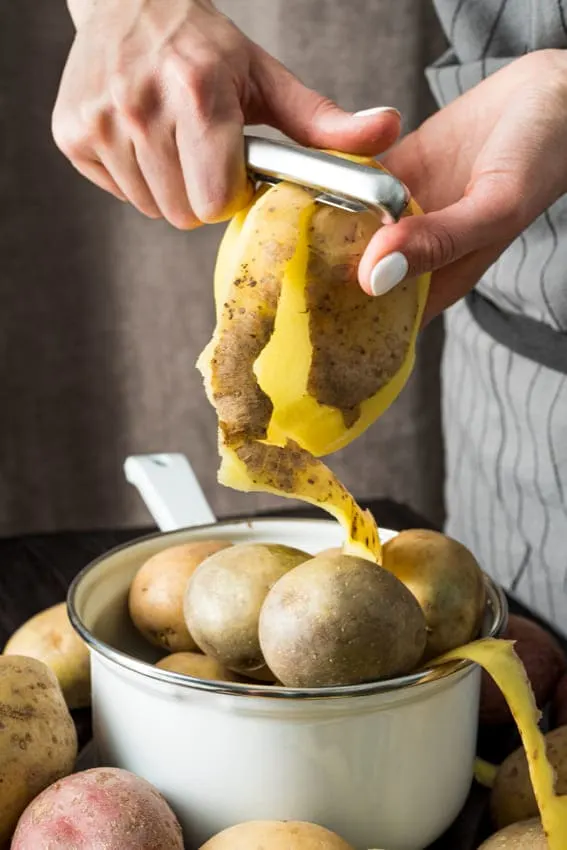
These food villains can be tricky little devils.
While seemingly innocent, potato peels have a nasty habit of sticking together and creating a starchy paste that quickly clogs your pipes and leads to unpleasant backups in no time at all.
No matter whether you are making loaded baked potatoes, hash brown casserole, or grandma’s simple mashed potatoes, keep the peels out of the garbage disposal!
The starch from potato peels is sticky, which could block its blades and lead to severe consequences.
4. Coffee Grounds.
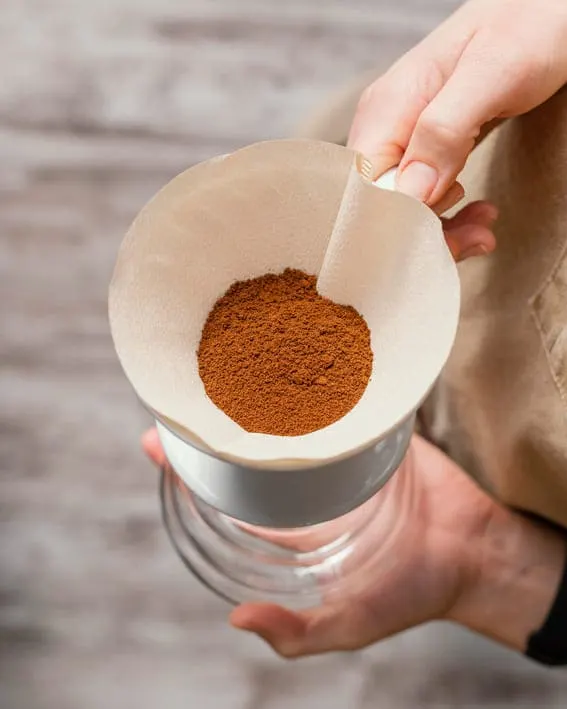
While coffee grounds might seem like the perfect solution to eliminate unpleasant odors, they pose serious hazards for your garbage disposal system and could build up in pipes resulting in blockages and potentially causing blockages to your plumbing.
Coffee grounds do not dissolve in water as effectively as other food does, meaning they clump together instead of dissolving, and over time this clump may build up until it finally creates a blockage in your drain system.
5. Bones.
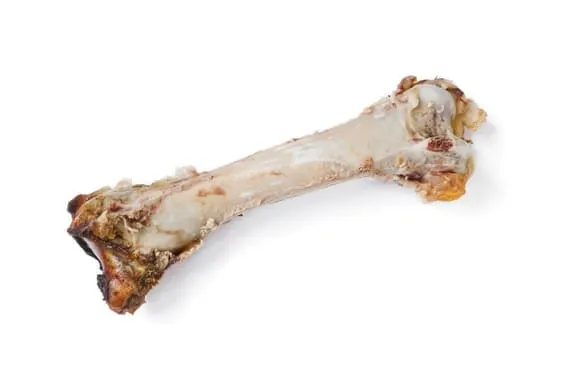
Your garbage disposal might seem capable of handling virtually everything imaginable – but bones can actually cause irreparable damage to its blades, leading to costly repairs down the line.
Large bones, in particular, can break blades or cause the motor to burn out, and despite impressive claims by manufacturers to be able to grind bones effectively, it is wiser to dispose of all such material in the trash than to attempt grinding it yourself with disposal blades.
If something can’t be cut with a knife, chances are it’s likely not going to get ground down by disposal blades anyway.
6. Pasta and Rice.
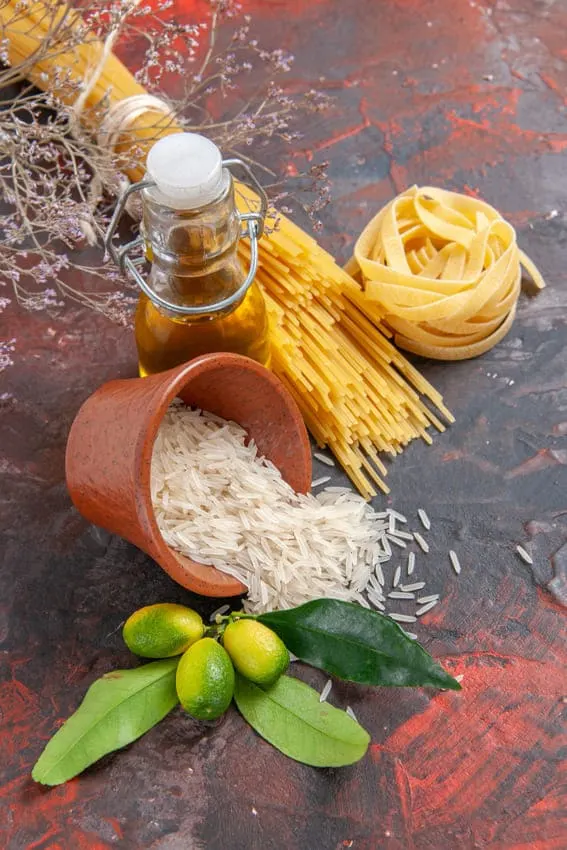
Once cooked pasta and rice have been dumped down your garbage disposal, they can create an enormous headache.
As the garbage disposal grinds away at them into a thick paste, this prevents water from going through your garburator correctly.
It also stops your disposal from functioning, or worse, clogs up its drain altogether, causing your disposal to stop working altogether and eventually stop functioning completely.
Pasta and rice are expandable foods, meaning they expand exponentially when water is added – meaning they can get stuck in your pipes and cause blockages.
7. Eggshells.
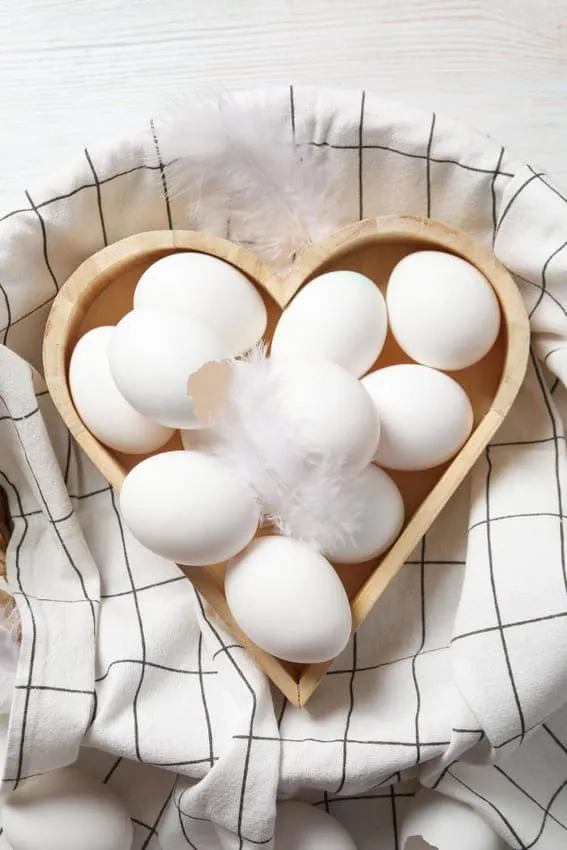
Contrary to popular belief, eggshells should never be placed into your garbage disposal as they can stick to the blades and create a powder-like substance that clogs your pipes and drains.
Since Eggshells produce very fine particles of waste, they will adhere to any existing sludge in your pipework and cause it to block faster than you’d think – leading to an unexpected jam in your garbage disposal system.
8. Fruit Pits and Seeds.

A garbage disposal is designed to handle soft food waste. However, peach pits, mango seeds, and other hard objects may prove too much for it; their tough and rigid material may overwork, bend, break, or burn out the blades or motor. Avocado pits may even clog it too.
Moreover, smaller fruit pits and seeds pose a particular danger in that they’re small enough to pass unnoticed through your garbage disposal’s blades and enter your pipes, thus potentially causing a blockage down the line.
Other things to never put down a garbage disposal
Should you use hot or cold water in a garbage disposal?
According to SmithandKeen, use only cold water when grinding your garbage disposal. Hot water could cause fats and oils to solidify, leading them to stick onto its blades and increase wear on your motor system.
Once grinding has been completed, however, hot water may still be helpful as a supplementary heat source in the sink – you may run hot water through afterward to speed up the drying processes.
Here are a few more points about garbage disposal’s you should know:
1. They shouldn’t replace a trash can:
Garbage disposals may help dispose of smaller bits of food waste, but they’re not equipped to deal with larger volumes or non-food items.
Before using your disposal to dispose of this excess food waste, always scrape the excess into an actual trashcan first.
2. They require some maintenance:
To keep your garbage disposal running smoothly, it should be regularly cleaned with an ice cube/rock salt mixture or citrus peels thrown through it for extra freshening.
It’s also wise to avoid pouring harsh chemicals down your drain, as these could potentially harm blades and pipes that form part of its inner workings.
3. Garbage disposals may only be suitable for some:
If you use a septic system, garbage disposals may not be ideal as they contribute to solid build-up in the tank and require more frequent maintenance than standard plumbing systems.
4. Garbage disposals can be noisy:
Garbage disposals can become very loud over time or if improperly installed.
To mitigate noise levels, look for models explicitly designed to be quieter, or consider hiring a professional plumber to install your unit for you.
Keeping these things in mind helps ensure your garbage disposal stays in peak condition and simplifies life in the kitchen.
How to Clean Your Garbage Disposal:
1. Ice and Salt Method:
Mix equal parts water and rock salt in an ice cube tray before freezing it, and run them through your garbage disposal while it’s running – they will help knock away debris that’s attached to its blades while their salt content helps scrub away build-up.
2. Citrus Peel Method:
Chop up some citrus peels like lemon or lime and run them through your garbage disposal while it’s running, as this acidity will help break down grease build-up in your disposal while leaving it smelling fresher than ever.
3. Baking Soda and Vinegar Method:
For best results, mix one cup each of baking soda and vinegar and pour into your garbage disposal.
Allow this solution to sit for 10-15 minutes before running some hot water through it to rinse your disposal and flush away any residual build-up or neutralize odors.
The combination will help break down build-up while neutralizing odors as it works its magic!
4. Commercial Cleaners:
If you prefer using commercial cleaners, choose one geared explicitly toward garbage disposals and follow its instructions carefully, rinsing thoroughly afterward with cold water.
Regularly cleaning your garbage disposal can help prevent unpleasant odors and build-up while extending its service life for years.
Foods to never put down your garbage disposal Final thoughts,
Garbage disposals can be invaluable kitchen tools, but using them carefully is essential. Avoiding foods like grease, bones, and fibrous vegetables can help ensure a smooth operation while preventing costly repairs.
Also, following good practices like using hot water during use and regularly cleaning it afterward can help ensure its future performance and keep it running efficiently for years to come.
So the next time you find yourself in the kitchen, consider these tips for keeping your garbage disposal (garburator) running efficiently!
Author: Everything Abode
Welcome to Everything Abode, your daily inspiration for every activity at home!
Our goal is to inspire you to live an elegant and chic lifestyle from the comfort of your home.
We’ll help you express yourself through authentic style, aesthetic beauty, and stylish home decor.
Subscribe to Get the Tools That Make My Blog Successful!

When you join my newsletter, I'm going to send you insider advice and tools that I use to grow my blog! I only save the BEST for my email list so don't wait!
